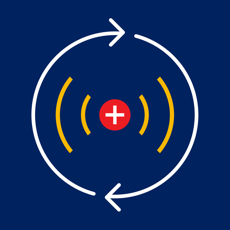Menarche is the term for a girl’s first menstrual period. It typically occurs between ages 10 and 16, usually about 18 months after the peak of the growth spurt. Before menarche, girls show signs of puberty like breast development and pubic hair. The ovaries start producing estrogen and progesterone, causing these changes and preparing the body for menstruation.
Menstruation is a sign that the female reproductive system is mature and capable of pregnancy. For the first year or two, periods may be irregular, with cycles ranging from 22 to 35 days or even longer.
Common Menstrual Concerns in Adolescents
- Primary Amenorrhea: No periods by age 17.
- Secondary Amenorrhea: Periods that stop for more than 2 months.
- Dysmenorrhea: Painful periods before or during menstruation.
- Inter-menstrual Bleeding: Bleeding between periods.
- Dysfunctional Uterine Bleeding: Periods lasting more than 5 days consistently.
Top 10 FAQs About Adolescent Menstrual Problems
- What is menarche and when does it usually happen?
Menarche is the first menstrual period and typically happens between ages 10 and 16. - Is it normal to have irregular periods after menarche?
Yes, irregular cycles are common for 1–2 years after the first period. - What is primary amenorrhea?
It’s when a girl hasn’t had her first period by age 17. - What is secondary amenorrhea?
When periods stop for over two months in someone who had regular menstruation before. - What causes painful periods in teens?
Dysmenorrhea due to uterine contractions. Severe pain may need evaluation. - Is bleeding between periods normal?
No, intermenstrual bleeding should be checked by a doctor. - How long should a teenage girl’s period last?
Usually 3–5 days. Periods longer than 7 days may be abnormal. - Can lifestyle affect periods?
Yes. Stress, diet, and exercise can all influence menstrual regularity. - Is vaginal discharge before the first period normal?
Yes, clear or white discharge is a sign of hormonal changes before menarche. - When should a doctor be consulted?
If periods are absent, extremely painful, irregular, or if unusual bleeding occurs.






